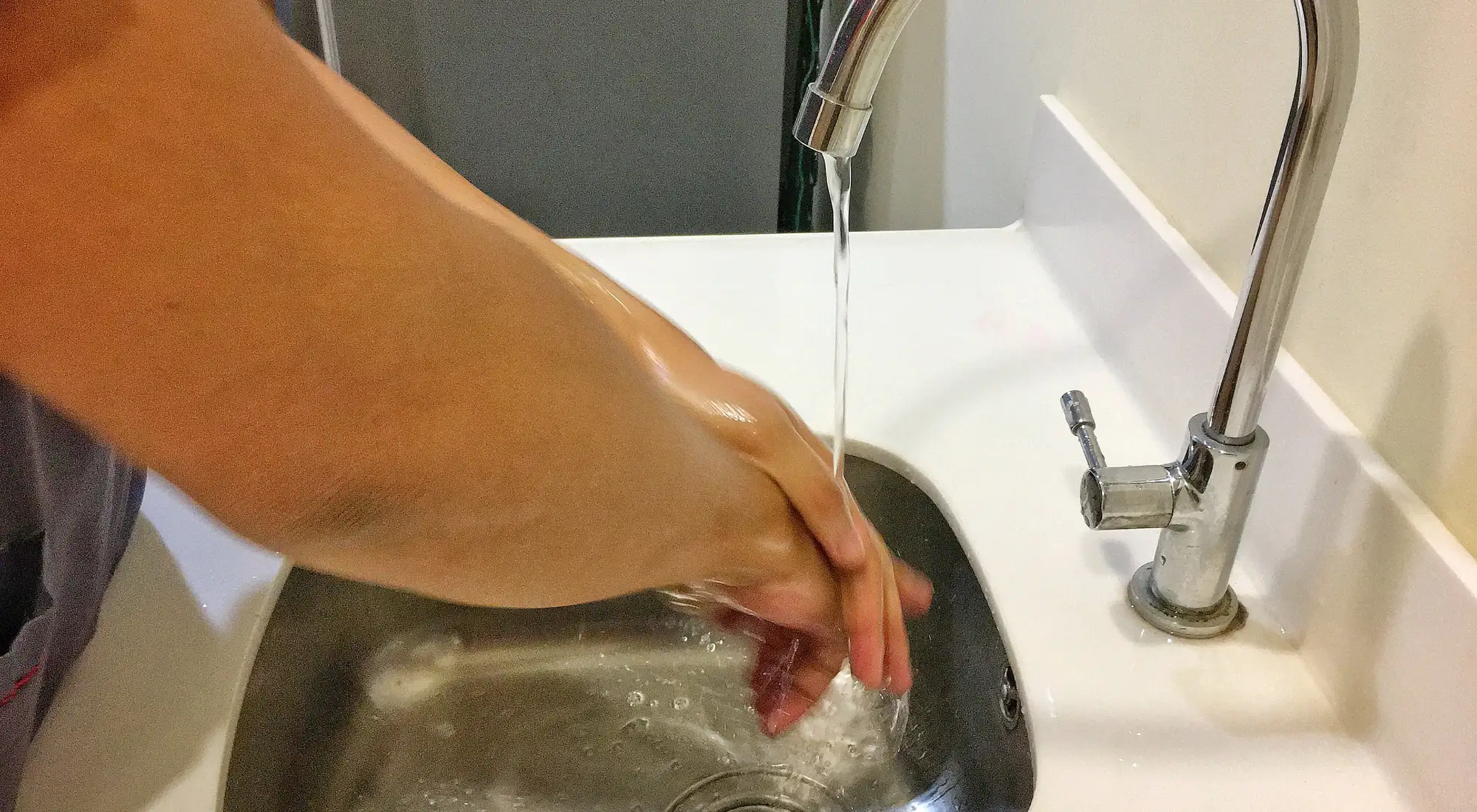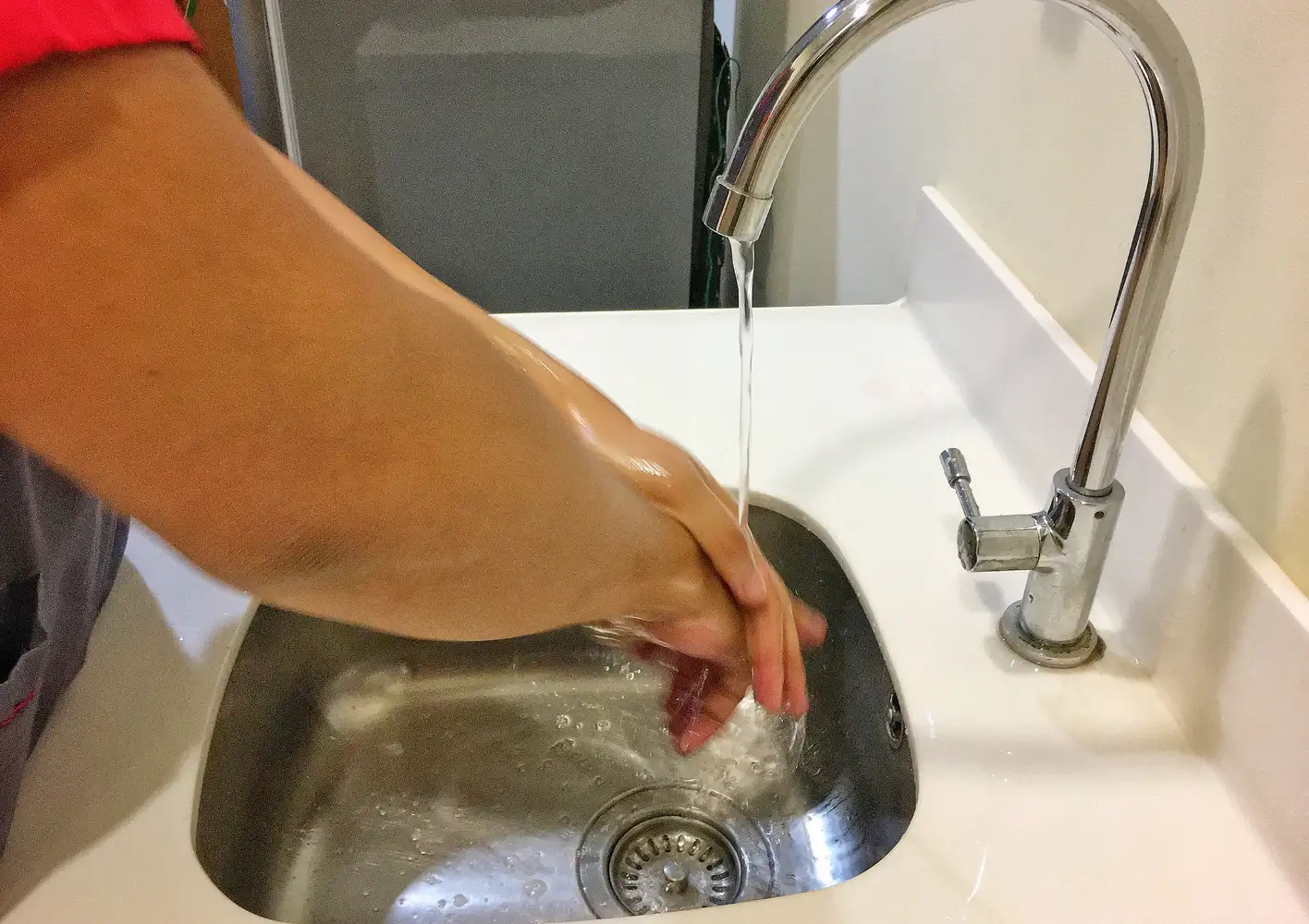Local government sector ready to tame reform tigers, is Central Government?



16 September 2022
Conventional wisdom says when you have a tiger by its tail, the trick is not to let go or you risk being eaten alive.
Sound advice when dealing with one tiger but what do you do when faced with three tigers?
That’s the position the Government finds itself in having undertaken Three Waters, Resource Management (RM) and the Future for Local Government (FfLG) reforms. Each programme is a massive undertaking in and of itself but all three have the potential to fundamentally rewrite our system of governance in New Zealand.
Done right, the proposed changes will improve the lives of all New Zealanders. This is either through the provision of safer drinking and cleaner wastewater, a more efficient planning system that protects the environment while enabling growth within limits and giving councils more scope and resources to meaningfully promote wellbeing outcomes in their communities.
The challenge is these reforms are all interlinked. The Government can’t progress reforms in the planning system without impacting the Three Waters space or the important role of local voice and democracy. And decisions made in Three Waters will raise questions about whether there is even a role for councils in the RM space given central government’s centrist tendencies.
It’s a massive undertaking and the sheer mind-bending complexity of it stacks the odds against a “done right” outcome. It really is a space where some partners would come in useful.
The good news for Government is there are partners who are ready and willing to help wrangle the tigers of RM, Three Waters and FfLG reform: local government and iwi/Māori.
Having operated with the outdated confines of the Resource Management Act, the onerous Local Government Act, the straitjacket of local government funding, and the regulatory vacuum surrounding three waters, both potential partners are ready to roll up their sleeves to work on practical solutions. Especially where we can deliver the shared outcomes while maintaining local democracy and voice.
The bad news is the sheer amount of reform on the go is limiting the ability of councils and iwi/Māori to help. Notwithstanding the three local government centric reforms, central government is also reforming the health and vocational education system and redesigning our carbon-based economy, all while dealing with a worsening housing crisis and the ongoing Covid-19 pandemic response.
It's a massive set of tasks to take on within the confines of a Parliamentary term. The pace and scope of it is extremely challenging for councils, iwi/Māori, peak bodies, not-for-profits, the private sector, and communities alike. This is not only because of consultation fatigue and lack of coordination across the various reform programmes, but also because we’re locked in a game of zero-sum competition for the available skilled staff out there.
None of these issues are insurmountable individually, nor collectively, but it does require central government to realise that the traditional 20th Century ways of implementing policy change from up high will not work. It certainly hasn’t been working for the last 20 years and is an even less suitable when staring down a massive reform programme in a Covid-19 environment.
To the Government’s credit, it has picked up these longstanding challenges and is starting to work in partnership with local government on some of the reform programmes. In Three Waters, central government has given councils a two-month window to help refine and realign its water aggregation model, particularly in the areas of ownership, governance, and accountability. Equally, the Government’s recognition of regional and territorial councils’ vital role in place making is a welcome step toward keeping the “local” in local government.
But as positive as these steps are, central government needs to be much more open to council and iwi/Māori input and co-decision-making if it wants to achieve the outcomes all parties share.
Fair is fair, we as councils – and I would suggest iwi too – need to be partner-ready. We need to be courageous and take a leap into a new way of doing things if we want to achieve different outcomes from the ones we’ve seen over the last few decades.
That’s because New Zealanders are best served when central government’s resources and legislative power are matched by communities’ bottom-up lived experience. It can’t be one or the other. It needs to be both. Because if it isn’t, then we’re going to get eaten alive by our three tigers, and no one wants to see that.
By Local Government New Zealand President Stuart Crosby.